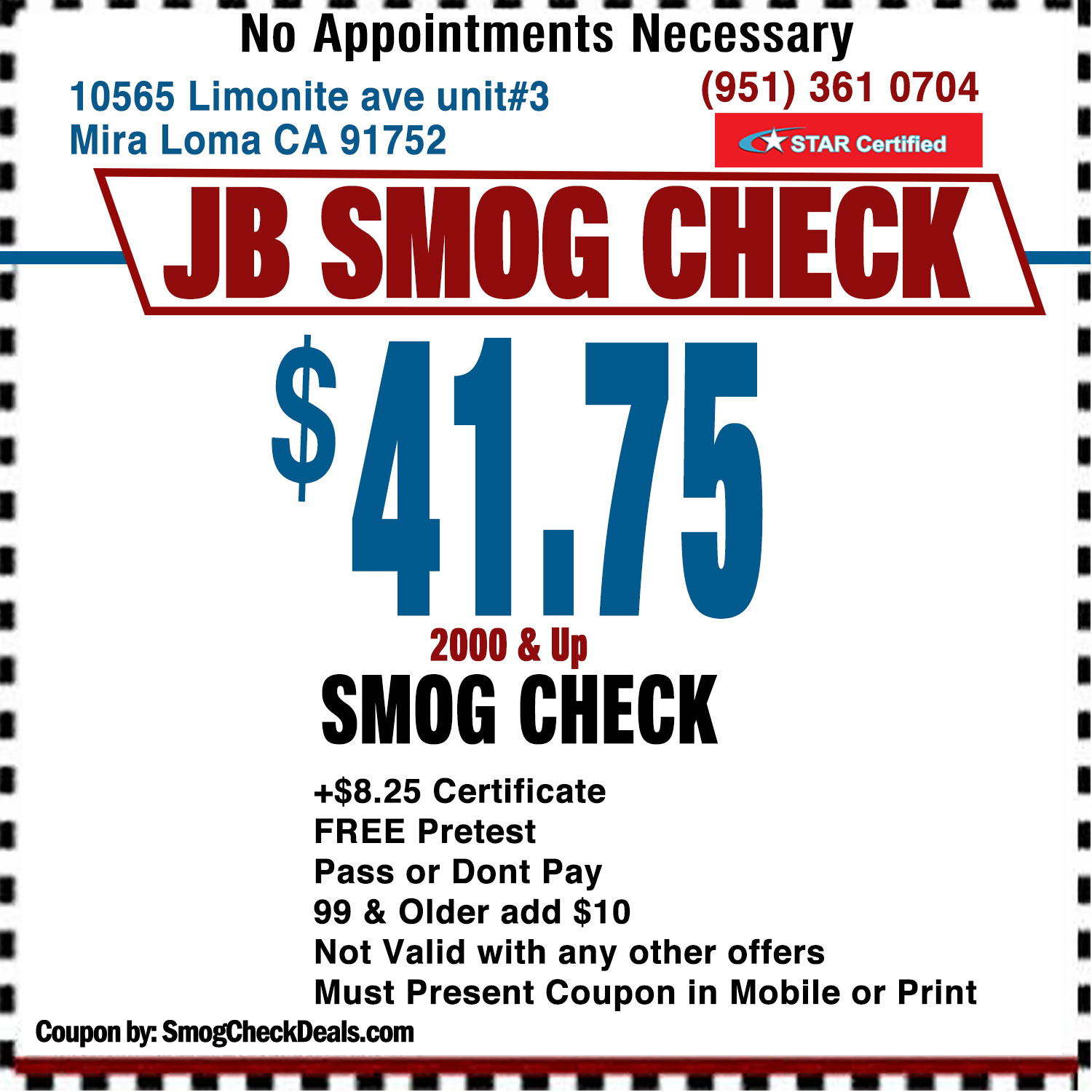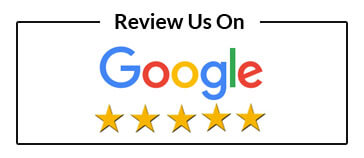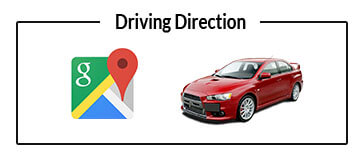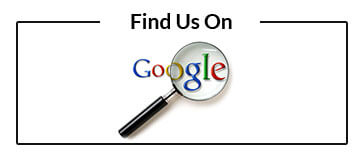Smog Check:
Currently, smog inspections are required for all vehicles except diesel powered vehicles manufactured prior to 1998 or with a Gross Vehicle Weight (GVWR) of more than 14,000 lbs, electric, natural gas powered vehicles over 14,000 lbs, hybrids, motorcycles, trailers, or gasoline powered vehicles 1975 and older.
Vehicles registered in areas subject to the biennial smog certification program are required to submit evidence of a smog certification every other renewal period. Owners of vehicles six or less model years old will pay an annual smog abatement fee for the first six registration years instead of being required to provide a biennial smog certification. The registration renewal notice mailed to you by the department will indicate if a smog certification is required. If a smog certification is required and you have not had a smog inspection, you may still pay your registration fees to avoid any late fees. However, you will not receive your new registration or year sticker until the smog information has been received by DMV.
NOTE: Upon initial registration, nonresident, diesel powered vehicles manufactured in 1998 or after with a (GVWR) rating of no more than 14,000 lbs, and specially constructed vehicles 1976 and newer requires smog certification. The six or less model years old rule does not apply to these vehicles.
When you transfer a vehicle that is four or less model years old a smog certification is not required. (Determine the oldest-qualifying year model by subtracting three from the current year.) The four or less model years old rule does not apply to diesel powered vehicles. A smog transfer fee will be collected from the new owner. When a vehicle is more than four model years old, a seller must provide evidence of a current smog certification except when one of the following occurs:
- The transfer occurs between a spouse, domestic partner, sibling, child, parent, grandparent, or grandchild.
- A biennial smog certification was submitted to DMV within 90 days prior to the vehicle transfer date (a vehicle inspection report may be required for proof of certification).
- Smog certifications are good for 90 days from the date of issuance.
Does my vehicle qualify for a smog exemption?
Smog inspections are required unless your vehicle is:
- •Hybrid
- Gasoline powered 1975 year model or older
- Diesel powered manufactured prior to 1998 or with a Gross Vehicle Weight rating (GVWR) of more than 14,000 lbs
- Electric
- Natural gas powered with a GVWR rating of more than 14,000 lbs.
- Motorcycle
- Trailer
When a car is sold, who is responsible for the inspection?
The seller is required to provide the buyer with a valid smog inspection certification at the time of the sale or transfer. Smog certifications are good for 90 days from the date of issuance.
The inspection is not required on a transfer if a biennial smog certification was submitted to DMV within 90 days prior to the vehicle transfer date (a vehicle inspection report may be required for proof of certification).
NOTE: Smog certifications are not required for transfers that occur for a gasoline powered motor vehicle that is four or less model years old. (Determine the oldest-qualifying year model by subtracting three from the current year) the four or less model years old rule does not apply to diesel powered vehicles. A smog transfer fee will be collected from the new owner.
What if my car fails the inspection?
DMV cannot provide technical information or advice in this area. We recommend that you call the Bureau of Automotive Repair (BAR) toll free number at 800-952-5210 . You may be eligible to participate in the Voluntary Accelerated Vehicle Retirement Program (also known as the old vehicle buy back program).
Is there a military exemption from the smog inspection?
No, a smog inspection certification is required.
My car is new. Am I still required to get the biennial smog inspection?
Vehicles registered in areas subject to the biennial smog certification program are required to submit evidence of a smog certification every other renewal period. Starting January 1, 2005, owners of vehicles six or less model years old will pay an annual smog abatement fee for the first six registration years instead of being required to provide a biennial smog certification. The registration renewal notice mailed to you by the department will indicate if a smog certification is required. If a smog certification is required and you have not had a smog inspection, you may still pay your registration fees to avoid any late fees. However, you will not receive your new registration or year sticker until the smog information has been received by DMV.
NOTE: Upon initial registration, nonresident, diesel powered vehicles manufactured in 1998 or after with a Gross Vehicle Weight rating (GVWR) of no more than 14,000 lbs, and specially constructed vehicles 1976 and newer require smog certification. The six or less model years old rule does not apply to these vehicles
A family member gave me a car. Is a smog inspection required?
If you acquire a vehicle that is currently registered in California from a spouse, domestic partner, sibling, child, parent, grandparent, or grandchild, you are entitled to an exemption from the smog inspection. Other family members or relations are not exempt and are required to obtain a smog inspection certification.






